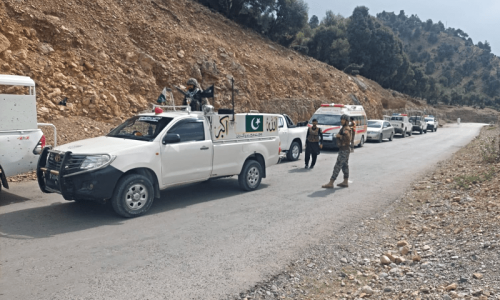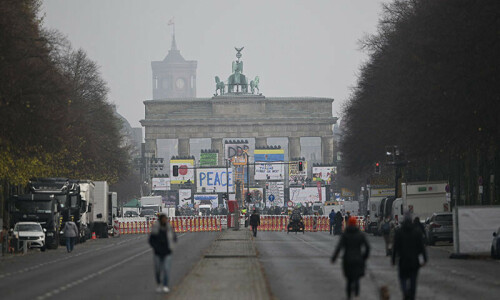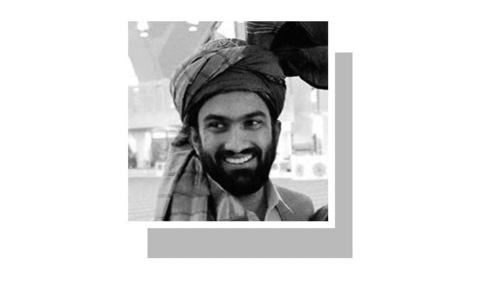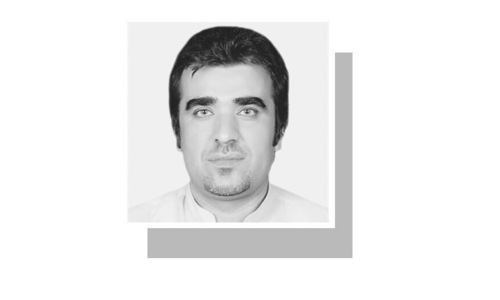PESHAWAR: The Private School Regularity Authority organised a training workshop here on Saturday for the teachers of privately-owned educational institutions on how to prevent child abuse on campus and announced that such events would be held in other parts of the province.
PSRA managing director Tashfeen Haider and owners, administrators and teachers of private schools attended the workshop.
Trainer Amna Durrani of the PSRA informed participants about the building, developing and identification of in-house resources for the prevention of child abuse and building of synergies for the purpose. She said the initiative’s stakeholders included school owners, administrators, managers and teachers, and parents.
Regulator for private schools plans more such programmes
The trainer said child abuse had many psychological problems.
“The victims of child abuse will grow up in fear and are likely to have mental health problems, especially depression, could act in a way that harmed the body, and face social problems, low self-esteem, low confidence, suicidal thoughts and attempts, and high likelihood of becoming abusers themselves,” she said.
Amna Durrani informed participants about types of child abuses, including physical, emotional, psychological and sexual ones.
She said any injury including bruise, burns, fracture, abdominal or head ones were signs of physical abuse, while the signs of emotional and psychological abuses were avoiding or running away from home, sudden change in self-confidence, headaches or stomachaches with no medical cause, abnormal fears, decline in schoolwork, self-harming or suicidal thoughts.
The trainer said the sign of sexual abuse were fearful behaviour, including nightmares, depression, unusual fears, attempts to run away, abdominal pain, bedwetting, urinary tract infection, genital pain or bleeding, and extreme sexual behaviour that seemed inappropriate for the child’s age.
She said the children, who were abused, were often afraid of complaining as they were fearful that they would be blamed or that no one would believe them.
“The person, who abuse children, may besomeone they love very much and want to protect. The child abusers are usually not strangers as 95 per cent of child abuse victims know them. The abusers may include neighbours, uncles, drivers, clerics, cousins, servants, family friends and acquaintances,” she said.
Amna Durrani said child abuse was more than bruises and broken bones and it could occur when someone hurt a child through words, gestures or actions and made him or her feel ashamed, helpless, angry, hurt or miserable.
She said abusers couldn’t be categorised in any one type or category and that they might come from any class, caste, religion or ethnic group.
“An abuser can be a man, woman or even a child, can be a person known to the child or a total stranger.” The trainer said in 2019, the country recorded 2,846 child abuse cases with the monthly average of 237 and that age group of the child abuse victims was 6-15 years.
Published in Dawn, December 13th, 2020












































Dear visitor, the comments section is undergoing an overhaul and will return soon.